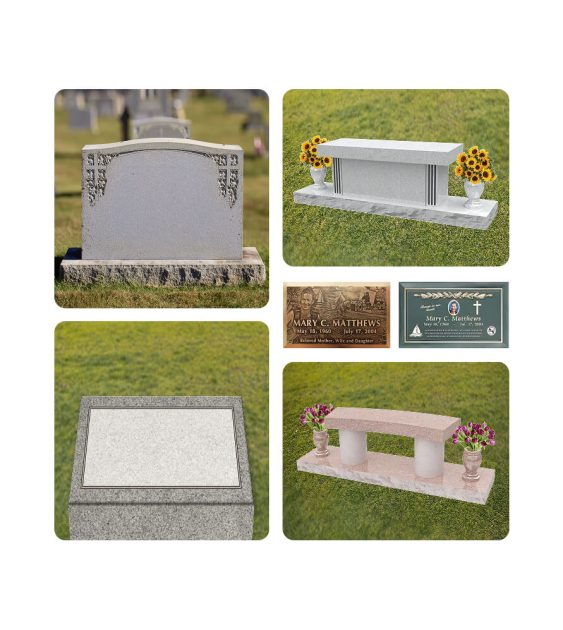

Decide how you want to be remembered with 25% off*
Save on quality craftsmanship with 25% off pre-need markers, monuments and benches 3/14 - 3/31.
Learn moreNeed assistance? We're always here for you.
844-808-3310From traditional burials to personalized funeral ceremonies, cremation and other services, we're here to help you plan and honor your loved one's final wishes with care and respect.
Discover the variety of end-of-life services we provide to help you explore options and make well-informed decisions during this important time.
We provide personalized funeral services tailored to your family’s needs. Our team will assist you every step of the way.
Find your preferred location
A funeral service allows family and friends to gather, share memories, and say goodbye, which is essential for emotional healing and acceptance.
Funerals are meant to highlight the deceased’s unique personality, achievements, and positive impact through personalized services.
Funerals unite friends, family, and community, providing crucial collective support that comforts and strengthens during grief.
We offer you the freedom to select services that align perfectly with your preferences, ensuring that every aspect of your funeral reflects you.

After you have explored the various funeral services, we invite you to learn more about different burial options.
Cemetery burials provide a permanent place for loved ones to visit and remember in a natural and peaceful setting with various options to create a space for ongoing connection.
Learn more about burialsAn alternative to burial where the body is cremated and the ashes can be memorialized in an urn, scattered at a location, or interred in a columbarium.
Learn more about cremation
A guide to help you explore burial, cremation, and funeral options. In this guide, we’ll walk you through the basics of advanced planning, so you can feel confident and at ease knowing that everything is taken care of.
Find a location to get your FREE guidebookIf you have any questions not listed here, we invite you to reach out and we will answer as soon as possible.
Need assistance? We’re always here for you. Call now: 844-808-3310




Save on quality craftsmanship with 25% off pre-need markers, monuments and benches 3/14 - 3/31.
Learn more Use current location
Use current location